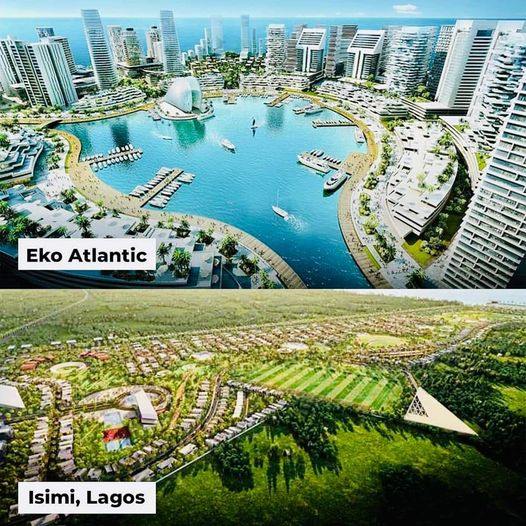We are in the 21st century where technology keeps evolving and taking precedence in almost all facets of life.
From the developed countries to the developing ones, the workplace is experiencing a new wave of emerging technologies.
For the African continent which looks forward to more economic advancement, these technologies present the potential for greater opportunities that can help grow the continent’s economy.
In this piece, we’ll look at the salient issues as regards the future of work on the continent with the many technologies springing up.
Emerging technologies are termed as the technology of the future which disrupts the status quo and are targeted at improving work efficiency and life in general. They include blockchain technology, Extended Reality which included Virtual Reality( VR
and mixed Reality) artificial intelligence and biotechnology among others.
As of today, these technological advancement has placed society at the point of the Fourth Industrial Revolution which is a game changer for economicmic transformations. The advancements are thereafter changing the way and patterns of work with further expectations of more changes.
As expected, with technologies like artificial intelligence(AI) Internet of things(Iot), industrial robots and automation, African companies, organisations and offices are beginning to adopt new work patterns such as working from home, doing online activities and translating their activities into formats that are accessible to machines just as Robotics is taking on tasks hitherto performed by humans.
In sectors such as education, healthcare and even the informal sector which has a large percentage on the African continent, emerging technologies are giving life a new meaning through easier and more reliable manners of technologies bringing about innovations like online learning.
Other notable areas where the changes in these technologies would impact the future of work are in the quality of work done or production, speed of human capabilities, replacement of humans with machines and the new ways of accessing labour.
The technologies are expected to bring about a new norm of doing things like new forms of job creation, modifications to existing jobs, creation of opportunities for skills enhancement and improved quality of goods and services among others.
For instance, take Africa’s manufacturing sector which is a key area of development into consideration, the use of 3D Printing, AI, web 4.0 and others can aid seamless and quality products that would aid more production and also allow for innovations and utmost utilisation of resources.
This in the long run will increase the market value of products, cause them to be appreciated, more attractive and ultimately improve the continent’s GDP.
They also have the potential to influence a positive impact on good governance as well as affect efficiency and productivity in the governance structure.
However, due to some of the negative effects that will come with the adoption of these technologies like disruptions in the labour market leading to job losses, impact on low-skilled workers and co, there are fears in some quarters that Africa is not yet ripe for this.
As much as it is easy to say that Africa still needs to put some things in place for effective transition and to see to the effectiveness of these technologies, the continent cannot continue to wait else it will lag.
To make sure this does not happen and the use of emerging technologies is well adapted to suit the African style, leaders on the continent must ensure a balanced state whereby the environment is made conducive for the use of the evolving technologies and infrastructure is made readily available for their adoption.
Given that the rate of adoption of these new technologies has been slow on the continent due to relatively high costs, access should be made more affordable through partnerships and collaborations between government and private sector operators.
Governments across Africa also need to be intentional about digital policies that support technological investments to increase internet availability and improve the data ecosystem.
In the area of education, African countries need to do an appraisal of their education system to put in relevant ideas which would bridge the gap that evolves between emerging technological demands and what is currently obtainable across the board on the continent.
This will put more attention on STEM ( Science, Technology, Engineering and Mathematics ) education which would enable the leaders to engage in critical thinking that can promote innovations and create meaningful ideas on the use of emerging technologies to suit the peculiarities of the continent.
Though some countries are already on this path through the adoption of smart classrooms, the fact remains that Africa can do more in raising a population of people who would be vast in the use of technologies and would not allow for any gap that might arise.
Given all of these, every discussion about emerging technologies and the future of work in Africa is a clarion call to all and sundry on the continent to think ahead, get tech skills and be prepared for a new society filled with unrivalled opportunities for growth and development.


